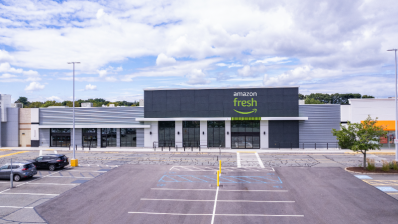
Despite the ongoing effects of COVID and the Delta variant, the capital markets show no signs of slowing down. Crowd Street's Anna-Marie and Zack Streit, Senior VP at George Smith Partners discuss the continued interest in multifamily and industrial deals, the opening of liquidity for hotel and office deals, and what investors have to look forward to in the future.
Subscribe to StreetBeats to stay up-to-date with the latest in real estate news.
